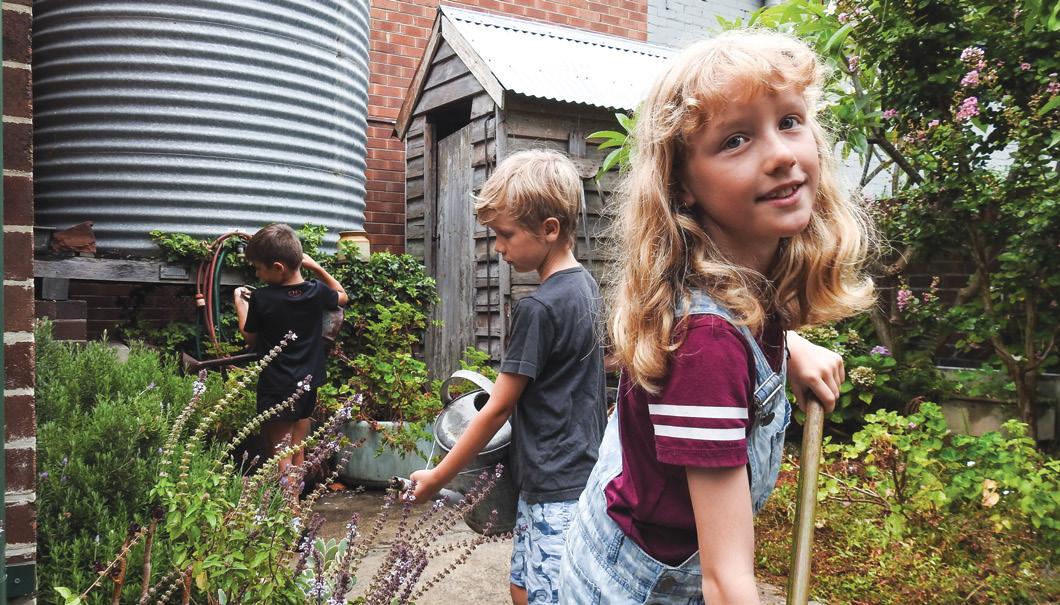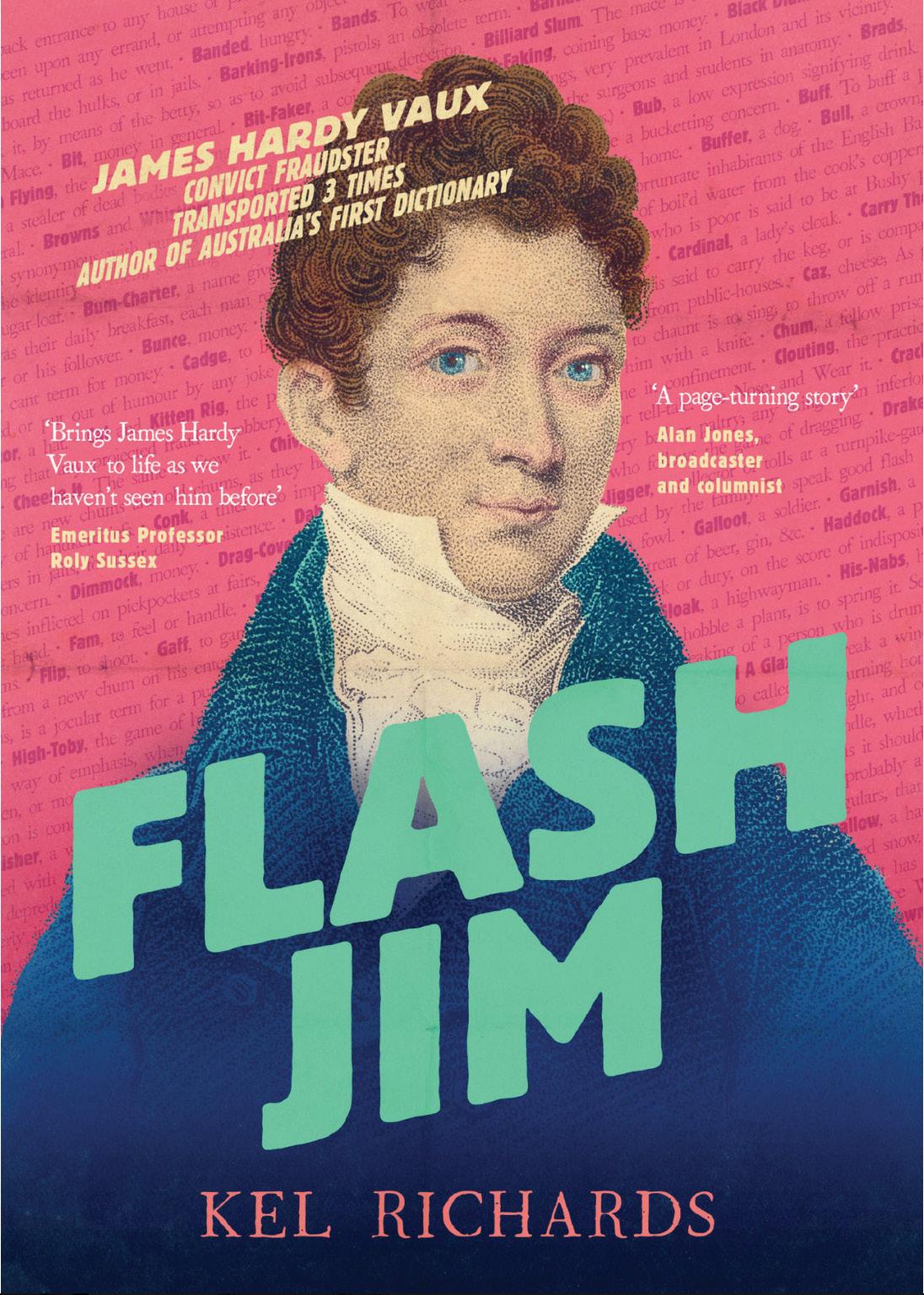
4 minute read
Member Moments
Giving Made Easy
WITH JESSIE BODOR, RELATIONSHIP MANAGER
Along with taxes, death is one of life’s inevitabilities. However, fewer than 50% of Australians actually have a valid will. Many Australians clearly believe that will writing is a time consuming, expensive and overwhelming process but it’s not; it’s simple. Here are some tips for those considering a charitable bequest in their will.
After nearly 50 years in legal practice, Tim Eakin, Chairman of Partners at Eakin McCaffery Cox Lawyers has seen it all when it comes to writing wills and administering estates. He believes that writing a will is an essential part of growing up. “When you come of age you get to vote, drive a car and go to the pub,” he says. “You should also make a will. It doesn’t have to be complex.” Once a will is made, the golden rule is to review it annually. “The best day to review your will is your birthday because nobody forgets their birthday!” Eakin says.
National Trust (NSW) members Gordon and Evelyn Boyce have left a gift to the National Trust in their will and review it regularly. They’ve observed that Australia doesn’t have the same culture of leaving bequests to charities as in other countries. Their view is backed by numbers: an alarmingly low 7.5% of Australian wills contain a gift to a charity. There is hope, however. Eakin says there is “a growing realisation that bequests are a convenient way to assist deserving organisations.”
A will provides donors with a powerful vehicle to support a cause, without losing financially. Geraldine Shaw has a bequest to the National Trust in her will. “When you’re alive, you don’t know how much you’ll be able to donate, but when you’re gone, you’re not going to need it anymore,” she says. “It’s a very efficient way to give a gift.”
Eakin suggests considering causes you believe in. “Think to yourself, can I give to an organisation who is doing something of benefit that will continue after I’ve gone? That legacy is a great thing.”
While the Boyces considered leaving a bequest to other organisations, they chose to support the National Trust “because we have confidence that its objectives will endure and will not be diverted.” The National Trust is the custodian of historic places and a large collection of household and artistic treasures, as well as an active regenerator of beautiful bushland around New South Wales. Bequests are vital for the National Trust to continue to play these important roles. Gifts in wills have been directly funding conservation activities for decades, whether it be caring for collections, repainting or repairing structural issues that appear in the National Trust’s aged buildings. Each undertaking requires great care and often great expense.
“We think it is such a valuable experience to visit a historic home like Miss Porter’s House (one of our favourite buildings), that are decorated and furnished in keeping with the times they were in active use,” the Boyces say. "It provides opportunity to actually be in and move about within this type of 'time capsule'."
Gordon Boyce adds that by looking after special places “the Trust has kept traditional skills alive and cleverly applied them to restoring old buildings.”
Geraldine Shaw says that bequests are crucial to saving history for the future, which is a key reason she chose to leave her bequest to the National Trust. “If someone doesn’t look after heritage, there isn’t going to be any.”
Above: The next generation gardening at Miss Porter's House in Newcastle (photo by Jean Bridges).
A GIFT IN YOUR WILL Thinking of leaving a gift to the National Trust in your will? Already left us a gift? Get in touch with the team to discuss your ideas and intentions by emailing bequests@nationaltrust.com.au or calling 9258 0131.
THANK YOU
Patrons, Corporate Members and Sponsors
The National Trust (NSW) acknowledges and appreciates the support we receive from these generous individuals and organisations
Patrons J Calluaud L Calluaud Emeritus Professor D Carment AM K Eadie M Eadie A Hayward B Hayward H Hewitt P Homel The Kimalo Foundation The Nell & Hermon Slade Trust The Pratten Foundation C Sutherland L Taggart Anonymous (4) Corporate Members Allen Jack & Cottier Architects Cox Architecture Design 5 Architects GML Heritage Hector Abrahams Architects Lucas, Stapleton, Johnson & Partners Melgrand Winten Property Group Wollongong City Council
Corporate Partners International Conservation Services Laithwaite’s Wine People Museums & Galleries NSW National Seniors Australia Supporters J Church The Corella Fund The J Permsew Foundation I Kaiser The Mallam Family Fund The Maple-Brown Family Foundation I McIntosh S McIntosh N Paton S Pickles K Valder P Wade R Wade S White OAM C Wilkinson OAM Australian Heritage Festival and National Trust Heritage Awards Proudly supported by the NSW Government through the Heritage Council NSW
S.H. Ervin Gallery Supporters Allen & Unwin Art Gallery of NSW Holding Redlich Margaret Olley Art Trust National Trust Wine Service Perpetual
SHOP
Flash Jim
The astonishing story of the convict fraudster who wrote Australia's first dictionary
If you wear 'togs', tell a 'yarn', call someone 'sly', or refuse to 'snitch' on a friend then you are talking like a convict.
These words, and hundreds of others, once left colonial magistrates baffled and police confused. The flash language of criminals and convicts had marine officer Watkin Tench complaining about the need for an interpreter in the colonial court.
Luckily, by 1811, that man was at hand. James Hardy Vaux – conman, pickpocket, absconder and thief, born into comfortable circumstances in England– was so drawn to a life of crime he was transported to Australia... not once, but three times!
PURCHASE YOUR COPY ONLINE shop.nationaltrust.org.au









